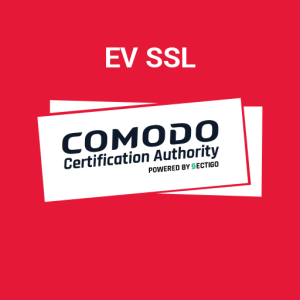Showing 1–9 of 27 results
-

Comodo Code Signing
Price range: ₹8,504.65 through ₹54,670.75 Excluding Taxes -

Comodo EV Code Signing
Price range: ₹8,504.65 through ₹71,798.18 Excluding Taxes -

Comodo EV SSL
Price range: ₹11,175.60 through ₹44,702.40 Excluding Taxes -

Comodo Personal Authentication Basic Certificate
Price range: ₹0.00 through ₹1,223.29 Excluding Taxes -

Comodo Personal Authentication Enterprise Certificate
Price range: ₹0.00 through ₹4,783.80 Excluding Taxes -

Comodo Personal Authentication Pro Certificate
Price range: ₹0.00 through ₹3,417.00 Excluding Taxes -

Comodo PositiveSSL Multi-Domain Wildcard
Price range: ₹9,996.00 through ₹594,384.00 Excluding Taxes -

Comodo SSL Certificate (DV)
Price range: ₹2,352.00 through ₹9,408.00 Excluding Taxes -

Comodo SSL Wildcard Certificate (DV)
Price range: ₹11,256.00 through ₹45,024.00 Excluding Taxes









